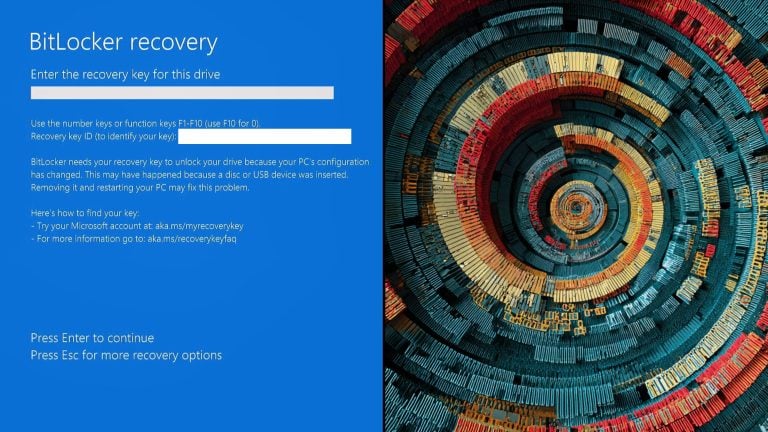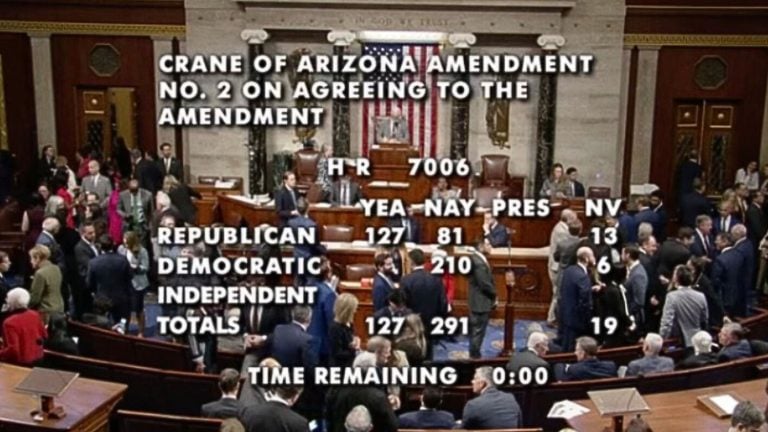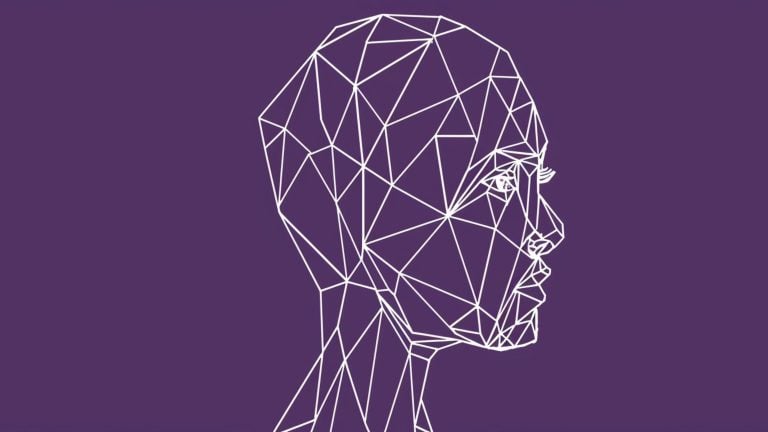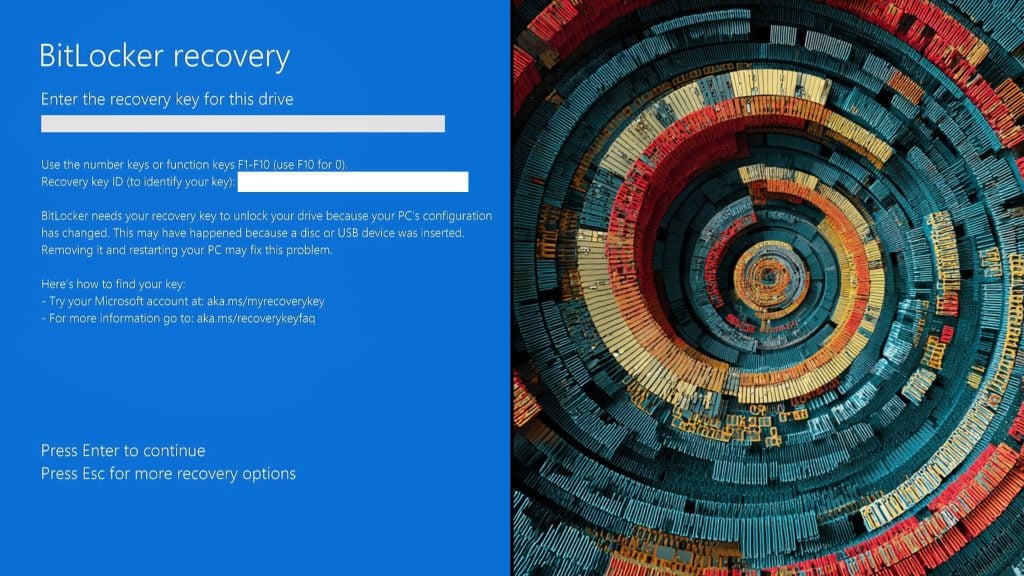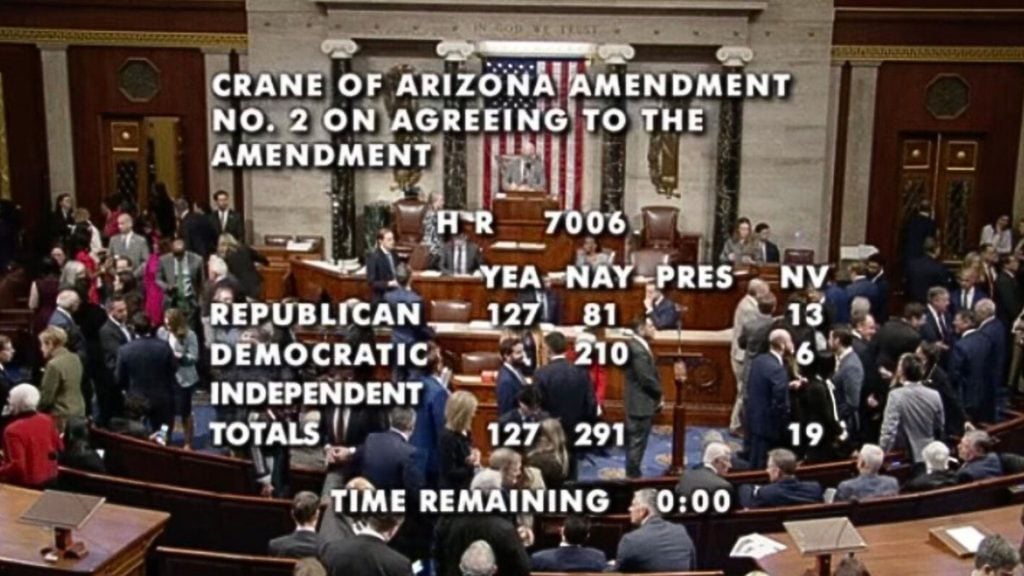During an appearance on the Tim Dillon podcast, Senator and Vice Presidential candidate JD Vance shared his views on the expanding influence of government surveillance, expressing deep concern over its implications for American democracy. During the hour-long conversation, Vance addressed various issues, including his stance on the intelligence community, Big Tech’s role in censorship, and the Patriot Act’s lingering effects on American privacy and security.
Vance argued that many in government prioritize the survival and growth of intelligence agencies over addressing the everyday issues Americans face, such as inflation and housing. In a pointed critique, he sarcastically stated, “I recognize that the biggest crisis facing my fellow Americans is not that they can’t afford groceries or housing, but that a CIA bureaucrat making $190,000 a year might have to find a job in the private sector.” He went on to emphasize that the increasing prioritization of surveillance infrastructure overshadows crucial American values, adding, “It’s really you know, a win-win…Kamala Harris’s defense…she’s made it harder for Americans to afford housing but that’s been in the service so the CIA can more easily spy on our fellow Americans.”
Related: Wiretaps Exposed: How Encryption Backdoors Open the Floodgates for Hackers
Vance pointedly criticized the legacy of the Patriot Act and its unintended consequences, stating, “Part of the infrastructure [China] hacked into was built on top of surveillance systems that were implemented in 2001—Patriot Act-style stuff. So, you know, we’re worried about the civil libertarian element of that, and rightfully so…I don’t want American citizens to be spied on. But the more important issue, in some ways, is we’re creating a backdoor in our own technology networks that our enemies are now using. That’s crazy.”
Despite the remarks, the Trump Vance ticket has not outlined any campaign promises to rollback such surveillance.
This sentiment extended to the technological infrastructure supporting government surveillance. Citing a recent Wall Street Journal (WSJ) article, Vance revealed that foreign adversaries, notably China, had reportedly hacked parts of the Verizon and AT&T networks—systems Vance claims were initially established under the 2001 Patriot Act. He argued that these surveillance systems, while ostensibly set up for domestic security, have created vulnerabilities for adversarial infiltration, saying, “We’re creating a back door in our own technology networks that our enemies are now using. That’s crazy…no one is going to accept responsibility for it.”
The Patriot Act, officially known as the USA PATRIOT Act (Uniting and Strengthening America by Providing Appropriate Tools Required to Intercept and Obstruct Terrorism Act), was enacted in October 2001 in response to the 9/11 terrorist attacks. Its primary aim was to enhance national security by expanding the surveillance and investigative powers of US law enforcement agencies. Key provisions included increased authority for monitoring phone, email, and financial records, improved information sharing between government agencies, and broader powers. While intended to prevent terrorism, the act has faced criticism for infringing on civil liberties and privacy rights, sparking ongoing debates about the balance between security and individual freedoms.
Related: The FBI Wants More Mass Surveillance But Can’t Keep Your Data Safe
The WSJ recently reported a major cybersecurity breach involving Chinese hackers infiltrating US telecom networks, specifically targeting infrastructure used for government surveillance and wiretapping. The hackers, associated with the group known as “Salt Typhoon,” gained access to networks operated by companies like AT&T, Verizon, and Lumen Technologies. Their intrusion may have allowed them to intercept sensitive internet traffic, including data from systems that fulfill court-authorized wiretap requests. According to reports, the hackers could have maintained this access for several months, posing substantial risks to both national security and the privacy of millions of American customers.



